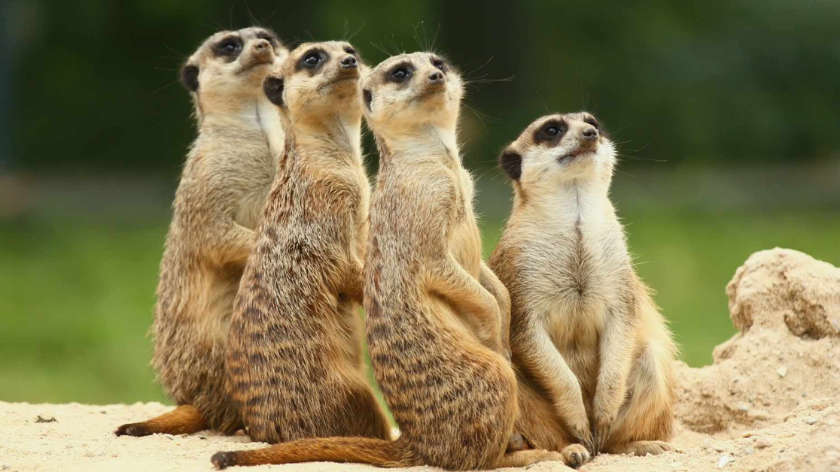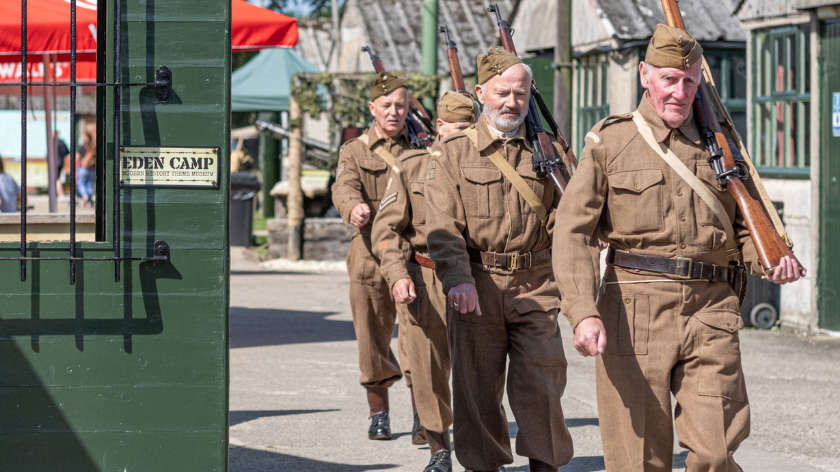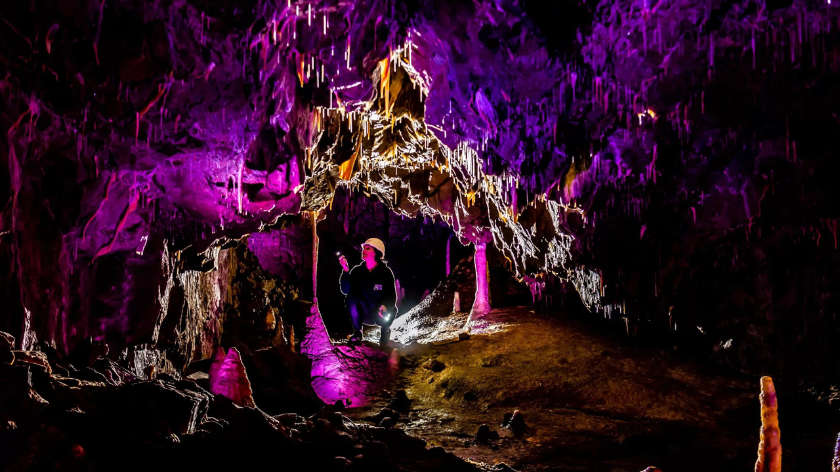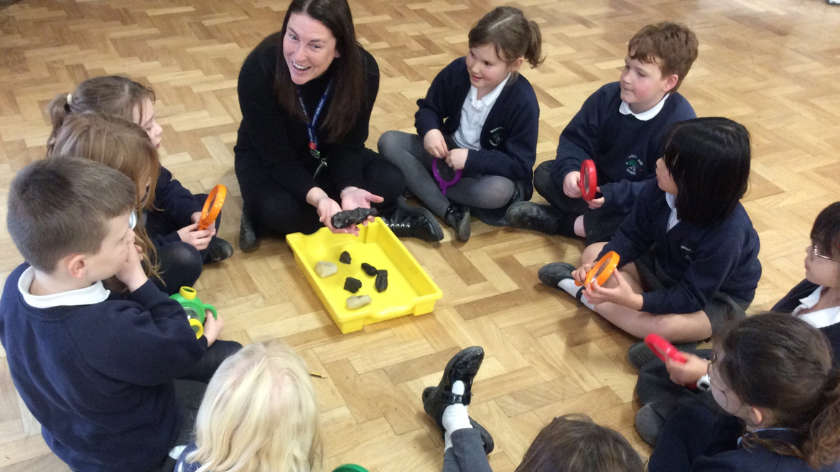
Pupils from Rossett Acre Primary School got their hands on rare samples of moon rocks and meteorites last week during a series of science lessons.
The children were encouraged to reach for the stars and learn more about the Universe around us during a week-long interactive experience of astronomy.
Each child was given the unique opportunity to touch a piece of space rock not of this Earth as they were allowed to handle some genuine meteorites
These rare samples were provided free of charge by the UK's Science and Technology Facilities Council (STFC), which provides educational packs in a bid to inspire young people to get involved in science and complement classroom studies.
Headteacher at Rossett Acre Primary School, Mrs Corrine Penhale, said:
“This was such an exciting opportunity for our school, and it was fantastic to see the children so interested and engaged in learning all about the Universe.
"These samples are incredibly rare and valuable so it was an amazing opportunity for the pupils which will have created lasting memories for us all.
"Our thanks go to STEC for making this possible.”
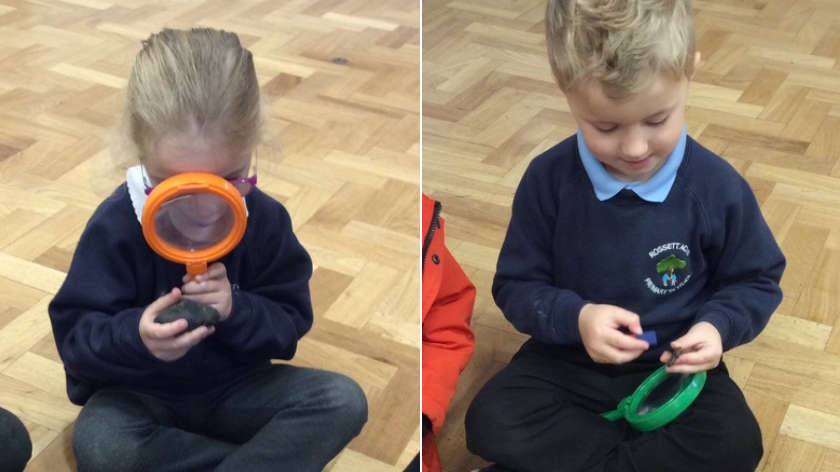
The pack provided by STFC includes a 1.2 billion-year-old piece of Mars rock and a 4.3 billion-year-old nickel meteorite.
It is unlikely that these children will ever get the chance to hold an object older than this, as Earth itself was formed 4.6 billion years ago.
The lunar samples were collected in the late 1960s and early 1970s during some of NASA's first manned space missions to the Moon.
During these missions, a staggering 382kg of material was brought back to Earth, mostly for use by scientists, but small quantities are used to develop educational packs like this one.
STFC's Executive Chair, Professor Mark Thomson, said:
"We are thrilled to be able to offer this unique opportunity to young people. It is not often they will be able to see close-up, and actually touch, such important fragments of science history.
"Samples like these are vital in teaching us more about our solar system, allowing us to confront theory with fact. We hope this experience will encourage the pupils to take up a career in science."

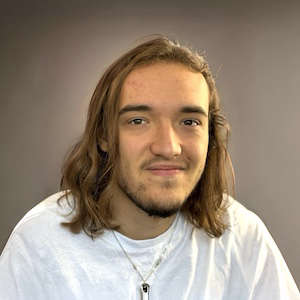

 Music lineup announced for return of Harrogate Food and Drink Festival
Music lineup announced for return of Harrogate Food and Drink Festival
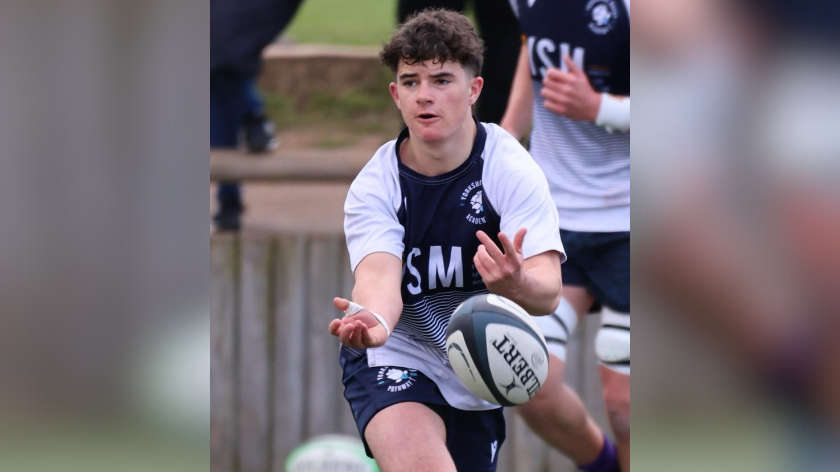 Successful Yorkshire debut for Harrogate rugby star
Successful Yorkshire debut for Harrogate rugby star
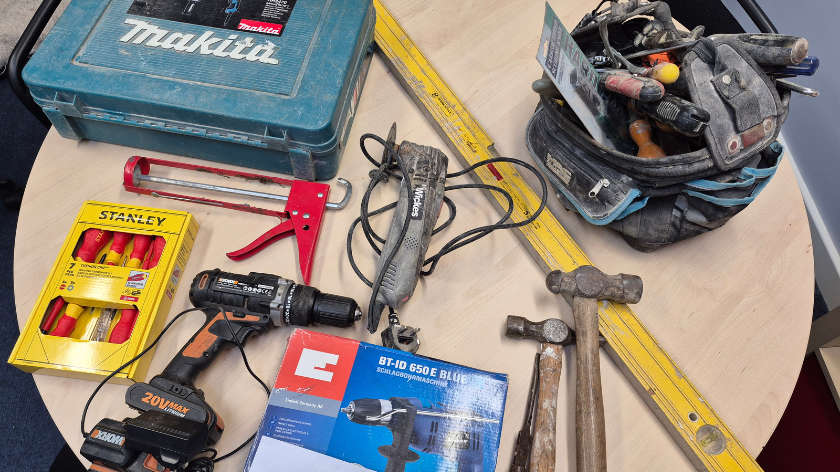 Primary school rallies to support neighbour blighted by thieves
Primary school rallies to support neighbour blighted by thieves
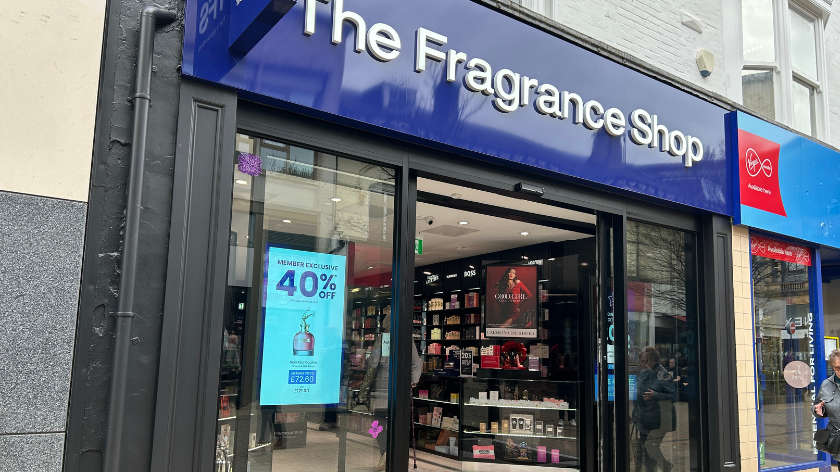 The Fragrance Shop opens in Harrogate town centre
The Fragrance Shop opens in Harrogate town centre
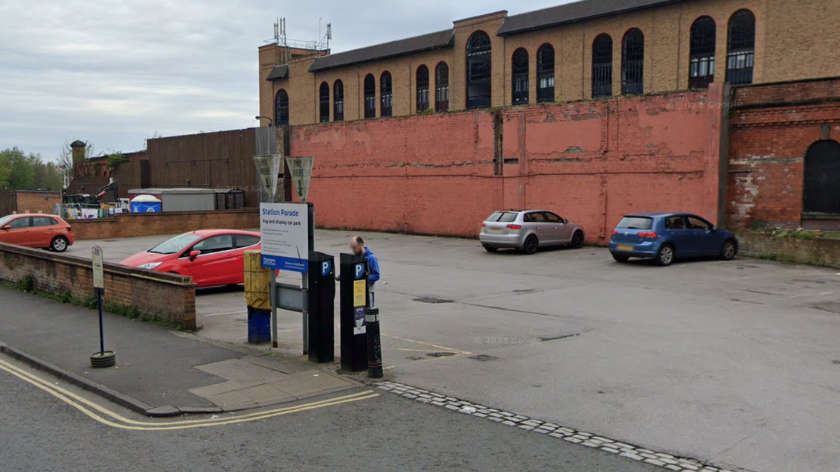 Parking fees set to rise across North Yorkshire
Parking fees set to rise across North Yorkshire
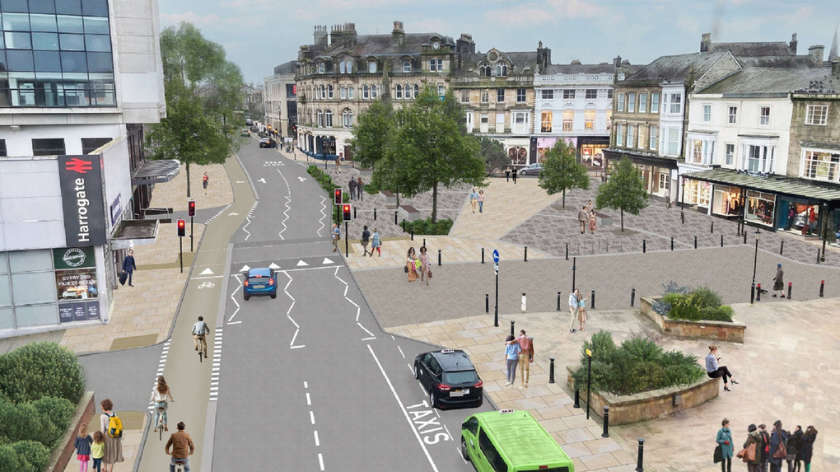 Campaigners seize on council leader's Gateway comments
Campaigners seize on council leader's Gateway comments
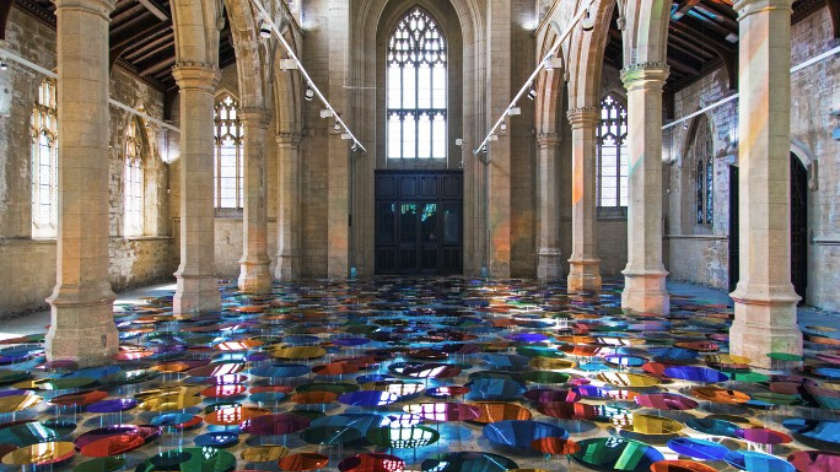 Mercer Art Gallery to host immersive light and colour exhibition
Mercer Art Gallery to host immersive light and colour exhibition
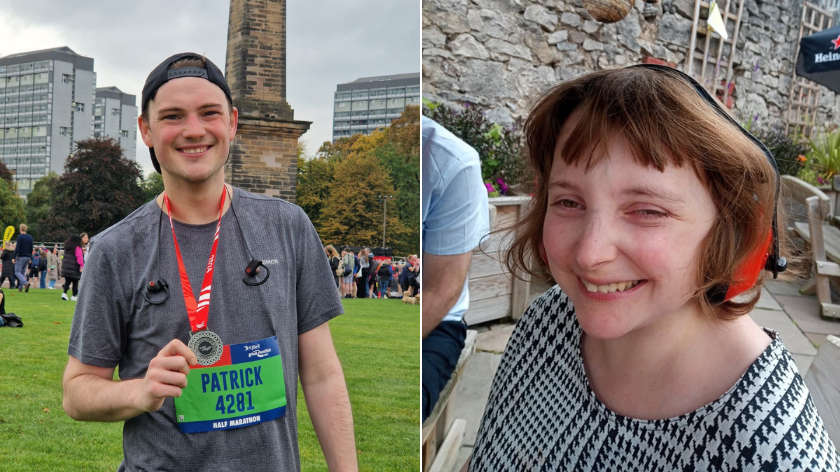 Runner to take on marathon for Harrogate charity that 'transformed' his sister's life
Runner to take on marathon for Harrogate charity that 'transformed' his sister's life
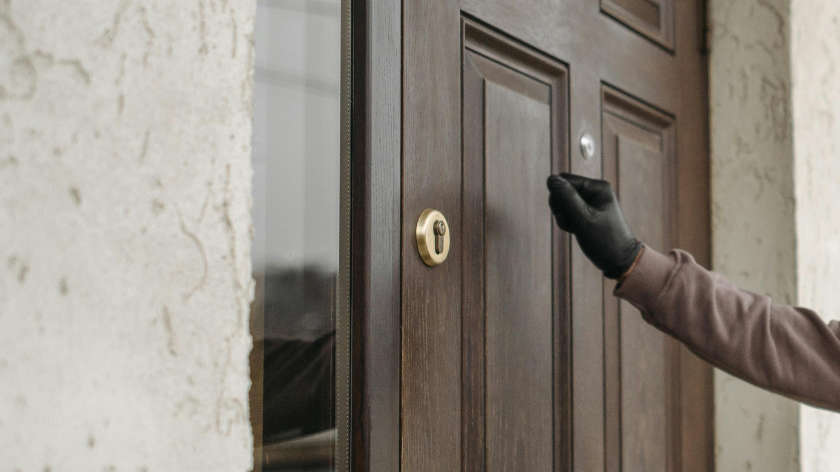 Harrogate residents warned of door-to-door scammers
Harrogate residents warned of door-to-door scammers
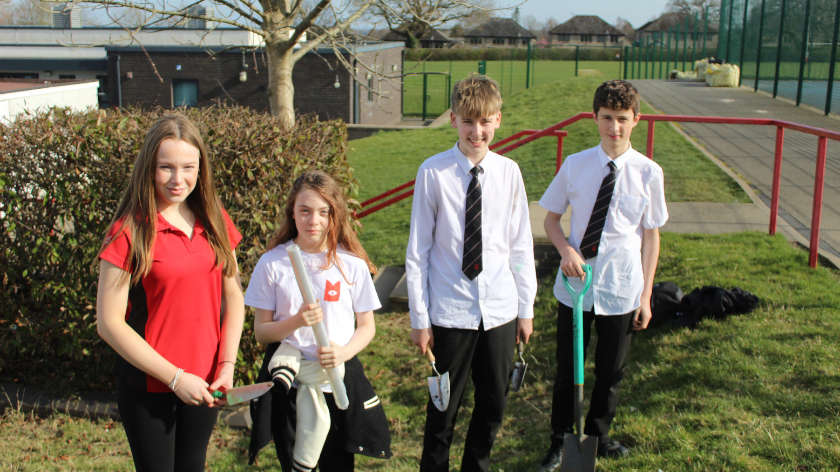 Rossett School to plant over 300 trees throughout grounds
Rossett School to plant over 300 trees throughout grounds
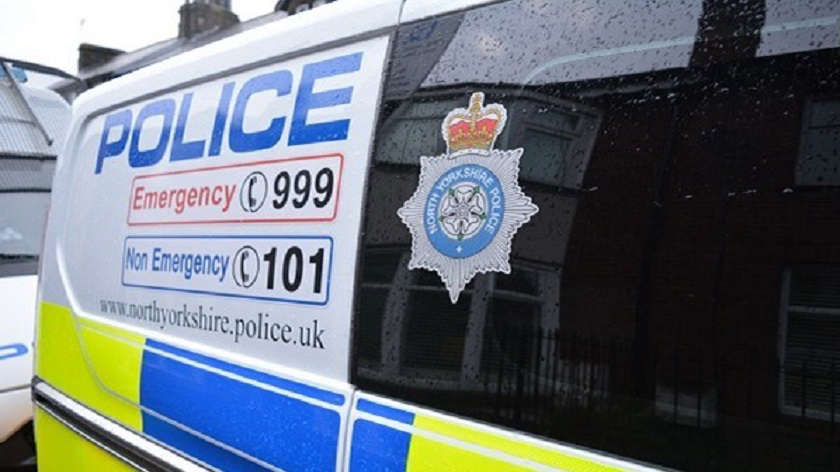 Motorcyclist in 'serious condition' following Ripley Road crash
Motorcyclist in 'serious condition' following Ripley Road crash
 Is this Bettys Easter egg the most expensive in the UK?
Is this Bettys Easter egg the most expensive in the UK?
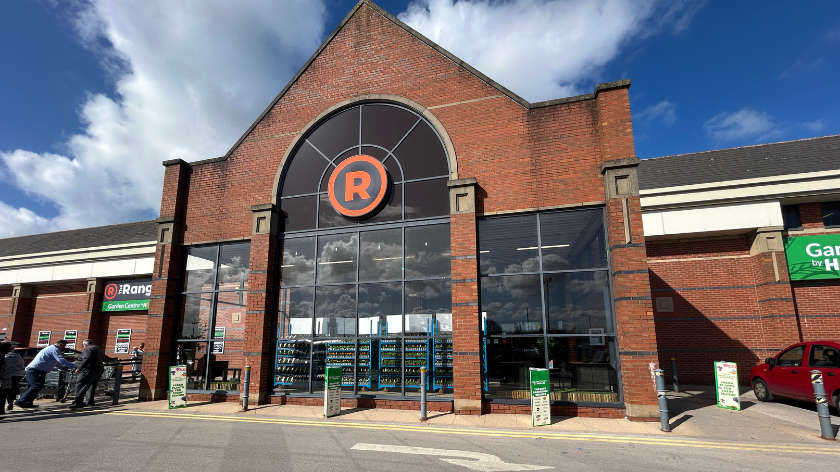 The Range opens new Harrogate store
The Range opens new Harrogate store
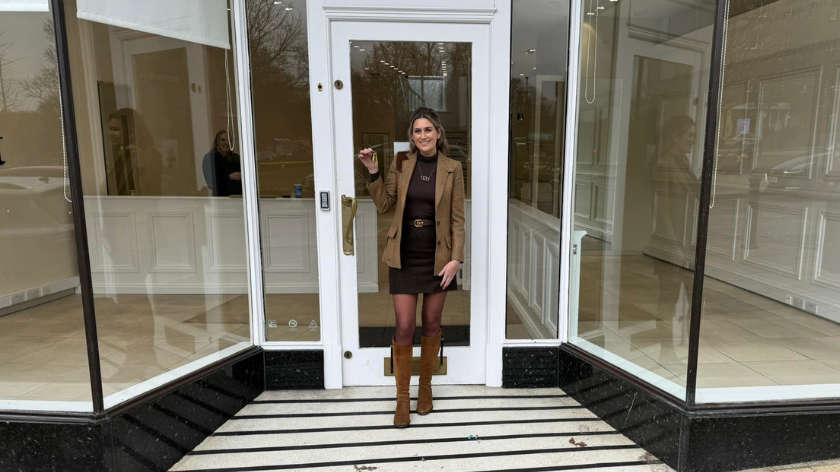 Country fashion brand to open in Harrogate town centre
Country fashion brand to open in Harrogate town centre
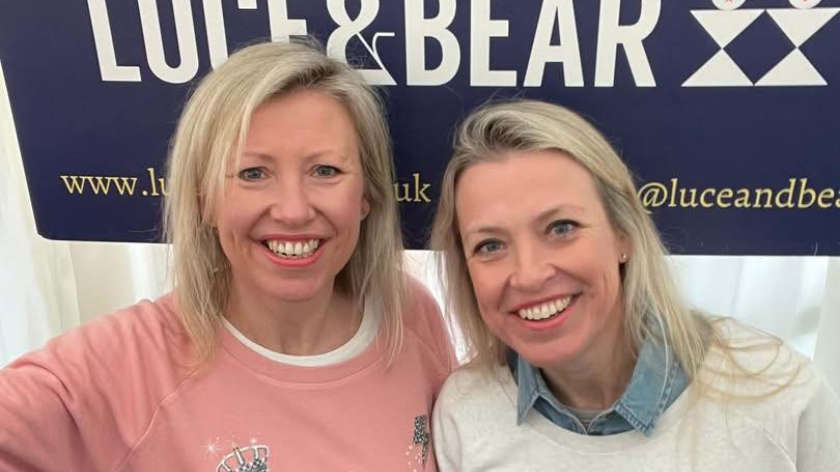 Harrogate sisters' fashion brand named as finalist for women's style award
Harrogate sisters' fashion brand named as finalist for women's style award
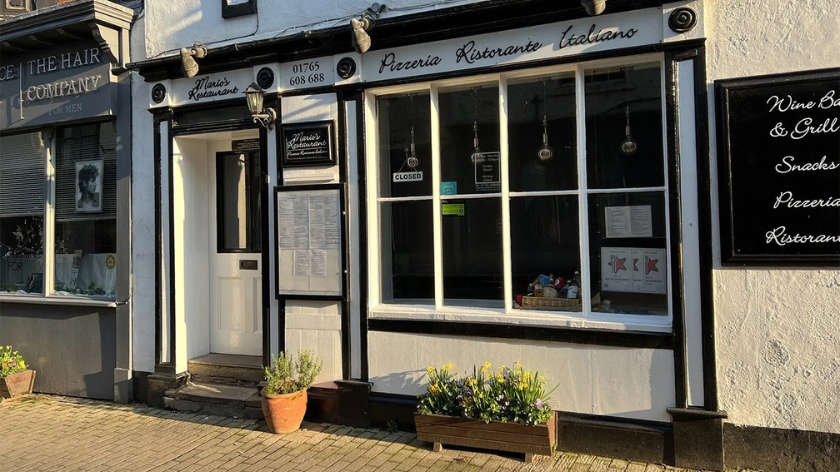 National recognition for popular Italian restaurant in Ripon
National recognition for popular Italian restaurant in Ripon
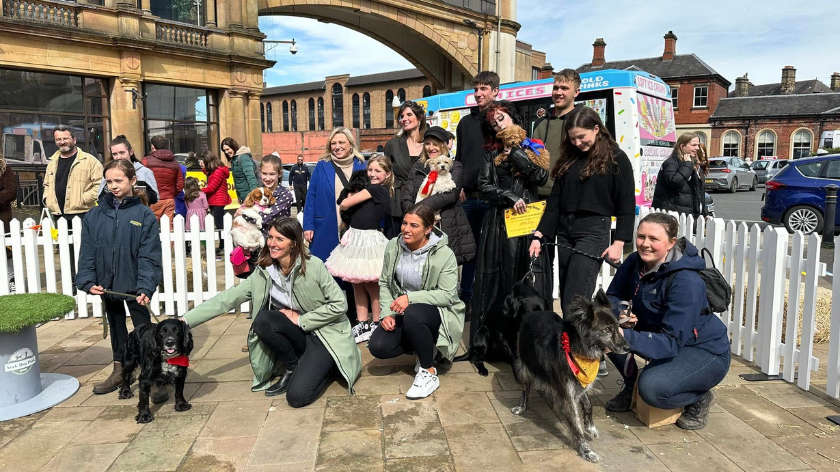 Categories revealed ahead of Harrogate Dog Show
Categories revealed ahead of Harrogate Dog Show
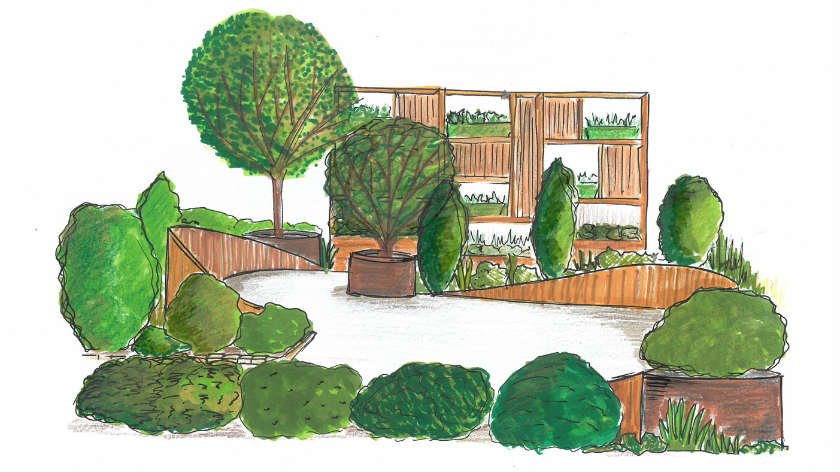 Edible garden to feature at Harrogate Flower Show
Edible garden to feature at Harrogate Flower Show
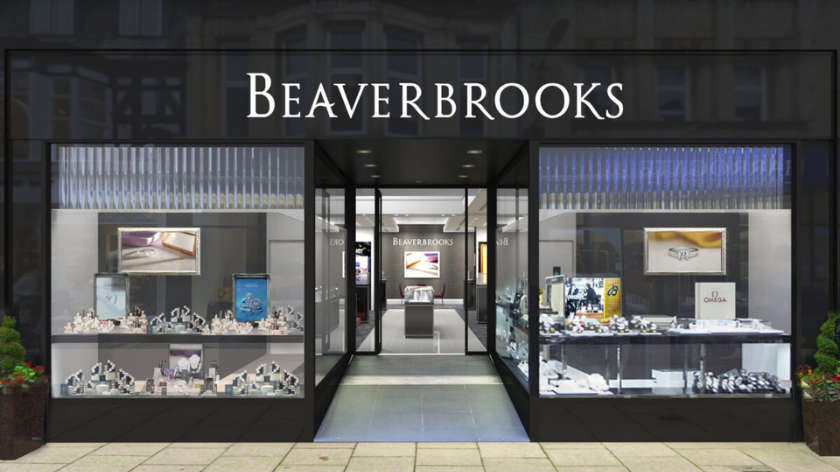 Opening date revealed for new Harrogate jeweller
Opening date revealed for new Harrogate jeweller
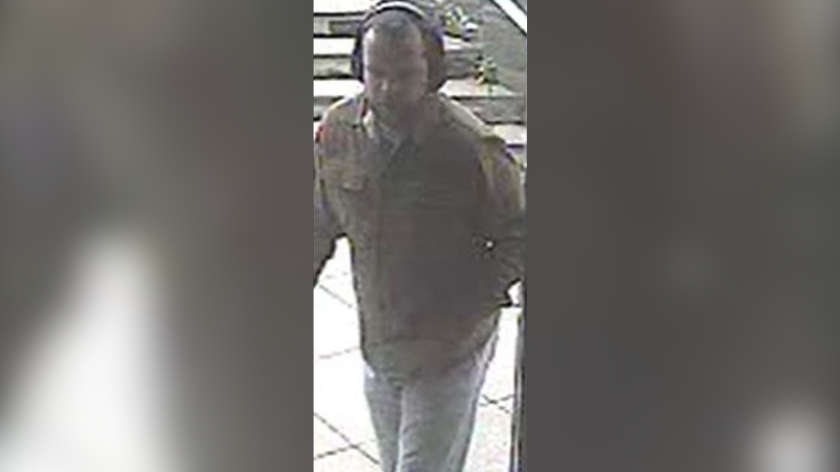 Police issue CCTV after thefts from Harrogate Sainsbury's
Police issue CCTV after thefts from Harrogate Sainsbury's
